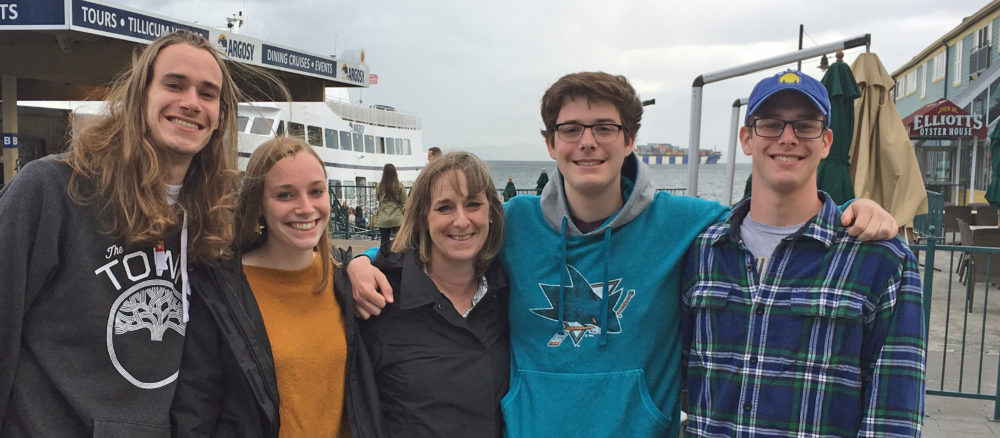I attended a Behavior Based Safety (BBS) committee meeting today – they hold them every two weeks. I attended one of these meetings on my first rotation; thought I should sit in on it again. Not sure if every department in TCO has a member on the BBS committee; I do know that 2 people in my Designs Engineering group are involved (one is the co-chair) so believe it is beneficial to sit in and see how it goes, what is discussed.
For Richmond Refinery folks, BBS is LPS ultra-light. We enter observations in a database, and track participation. Each person is expected to perform one observation each month or rotation. There are three written observations to choose from; site, office and driving. The observations are very simple – no preparation required and takes about 10 minutes to do an observation and no more than 10 minutes to enter it from your PC. I bring my BBS book with me when I perform field walks with engineers from my group – I fold it right into normal work.
Of course the BBS committee meeting looks at the numbers; percent participation by group. The Designs Engineering group has one of the highest participation rates (averages 92%) – very difficult to get to 100% as it is measured by month and people who have a long off-rotation will not be able to perform an observation that month. TCO as a whole is operating in the mid 85% participation each month. Most of the committee meeting discussions are about various efforts to encourage the use of BBS observations, encouraging people to use stop work authority, etc. Each of the committee members takes turns preparing a safety presentation related to their group, presents it at the committee meeting, and then it can be shared by other committee members with thier own groups if it is applicable. I have sat in on two meetings and can see that the folks put some good effort into the presentations.
But what really tickles me is that the last item on the BBS committee agenda is “Speech by Management.” When I attended the first time I was the only Expat in the room so when it got to this point in the agenda (about 50 minutes into an hour meeting) everyone turned to me expectantly. I had noticed this on the agenda so I kinda of saw it coming but did not have much time to prepare. I started with saying I am new here and therefore was attending the meeting primarily to learn. I was about to thank everyone for their efforts when the Production Manager walked into the meeting room and I quickly segued into saying that I was sure glad he showed up so he could share some relevant comments. So he did. He sat down and thanked people, told them their efforts were important, and that it was difficult to quantify their efforts to influence safety behavior throughout the facility. He continued on for a few minutes and people politely listened. You have to put into context that everyone in the room speaks russian, with very few having a good command of english. And therefore the Production Manager’s “speech” is translated from english to russian – he says a few words, the translators says a few words, back to the Production Manager, back to the translator, and so on.
So I attend the meeting again today. Luckily the Production Manager was at the meeting from the beginning, so I knew they would look to him when the “Speech from Management” agenda item comes up. And this time I am closely watching the room, seeing what the reaction is to his words. Our Production Manager once again thanks everyone, somewhat repeating his words from the last time I attended this meeting (six weeks ago) and also discussing a recent injury where a person fell off a ladder and broke both wrists. And as I listen to our Production Manager, who is saying things that make sense and I know he believes, what crosses my mind is that most of the people in the room are processing “blah blah blah blah blah.” From their body language, from their lack of recognition (no head nodding or smiling) it strikes me as going in one ear and out the other. And that is the challenge of creating a safety culture where people are concious of their actions, understand how to assess risk, and believe that every incident is preventable – how do you energize people to change their behavior? Even though the “speech” shared about a co-worker who was injured, the vast majority of people (99.99%?) believe it either does not apply to them or will not happen to them. And so they tune out.
I do not have a solution to share – just sharing the observation that amuses me – speech by management is the same as blah blah blah blah blah. I asked the translator to translate blah blah blah blah blah into russian – he said it is the same :). Another russian phrase for my vocabulary – in additon to da (yes) and nyet (no) I now know blah blah blah blah blah!


